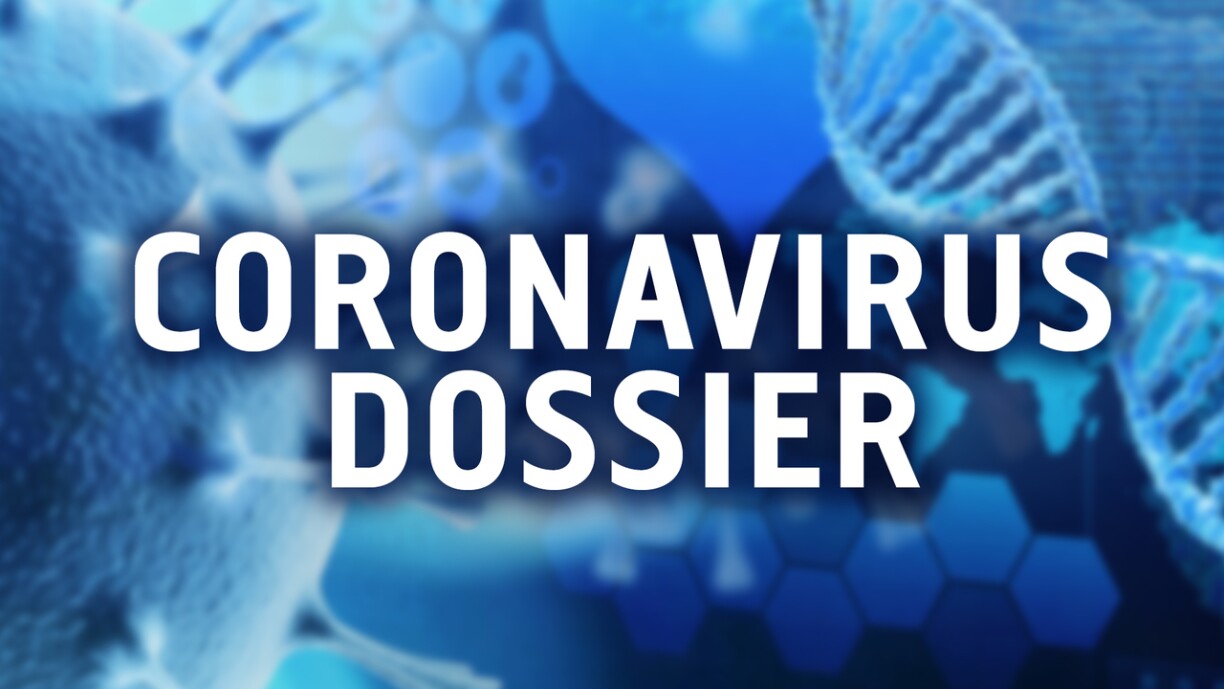
As expected, the law was passed with the votes of the majority parties i.e., with 31 votes against 29 of the opposition.
Firstly, the 2G+ regime (vaccinated OR recovered AND a negative test result) will be eased. This regime has been in force for most leisure activities, including the hospitality sector, cinemas, and other places where people of several households come together.
Up until now, the rule was: Those who had not received their booster yet had to take an additional rapid test on site. With the new law, the testing obligation will be dropped for a new category of people:
If the infection or final jab is older than six months, the person in question will have to take an additional rapid test at the venue. If they decide to get their booster shot, the testing obligation will once again be dropped.
Currently, booster shots are available at the earliest three months after the second jab. This delay has been reduced several times. The National Health Directorate recommends that everyone who is eligible should get a booster shot.
As of recently, adolescents from the age of 12 are also eligible for booster shots in Luxembourg.
One of the main changes concerns the EU Covid-19 Certificate.
From 1 February, the vaccination certificate will be valid for nine months across the EU. The nine months are counted from the day the final dose was administered. This means that for a single-dose vaccine, the vaccination certificate will be valid for 270 days from the day of vaccination. For two-dose vaccines, the certificate will be valid for 270 from the day the second dose was administered.
For people who have recovered from a Covid-19 infection, the certificate will be valid for 270 days from the day they receive their single vaccine dose.
All 27 EU member states must accept valid certificates.
However, the European Commission has not yet stipulated a uniform period of validity for certificates issued after a booster shot. For the time being and for as long as there is no official limit, the vaccination certificates of boostered individuals are thus valid indefinitely.
In addition, the isolation period will be shortened to six days for vaccinated persons under certain conditions. The new regulations again only apply to those whose final vaccine dose is not older than six months or who have received their booster shot. The new rules also apply to individuals who have recovered from Covid-19 in the past six months.
If those individuals get infected, they no longer have to isolate for 10 days. Instead, they must take a rapid test on the 5th and 6th day, and if both are negative, they may end their isolation early on the 7th day and go back to work.
Going from ten to six days of isolation “means a 40% reduction” in the duration of isolation, Prime Minister Xavier Bettel said, adding that “it is essential for the country to be able to continue to function”.
The high contagiousness of the Omicron variant makes the government fear that key sectors “will reach their limits because of the large number of sick people (among the employees)”, Mars Di Bartolomeo, rapporteur of the bill, explained. The great fear is that the evolution of the pandemic will “paralyse essential services in our hospitals”, as Minister of Health Paulette Lenert pointed out, which could eventually lead to another nationwide lockdown.
Especially in light of the recent evolution of the pandemic in Luxembourg, which saw a “doubling of new infections over seven days” and a trend that goes “in the same direction in other countries: we are still lower than France and Denmark. But higher than Belgium and Germany,” Lenert explained.
The “good news” is that “we do not have a tsunami in the hospitals” in Luxembourg, Prime Minister Xavier Bettel stressed. Proof that “we remain confident that the decisions taken were not 100% wrong”, Lenert defended herself.
MPs Claude Wiseler, (CSV), Jeff Engelen (ADR) and Nathalie Oberweiss (déi Lénk) wonder how residents are supposed to find their way through the mess of confusing new measures. “It creates a lot of uncertainty”, says Wiseler, denouncing the “poor information campaigns” and “lack of logic” by the government.
“We asked for free self-tests via a motion. Fourteen days later, self-tests are required to end isolation!” The Health Minister responds that “if we are working with rapid tests, it’s because we have reached our (human) limits. We have reached our limits and we are not hiding it.” Luxembourg can no longer meet the demands for PCR tests, the Health Minister concedes.
For the CSV, “at home tests have to become as normal as bruishing your teeth. But for this, people need self-tests.” Paulette Lenert confirms, however, that the country has “enough vaccine doses to last until after the February break.”
At the end of the debate, Prime Minister Xavier Bettel came back to the topic of a potential vaccine mandate. An expert group of five people is expected to present its opinion on the question whether the introduction of a vaccine mandate would make sense from a sanitary or medical point of view. MPs are to receive a list of questions. The Prime Minister expressed his wish that the issue be debated “in serenity” next week.
Bettel stressed that he wishes to see “a broad consensus” in the Chamber of Deputies, should the expert group conclude that a vaccine mandate is needed. The Prime Minister added that it is “one of the most difficult decisions in eight years” that is to be discussed.
*We had our dates confused in an earlier posting of this article, apologies.
RTL-News: 3 nei Deputéiert Max Hengel, Carlo Weber an Dan Kersch goufe vereedegt